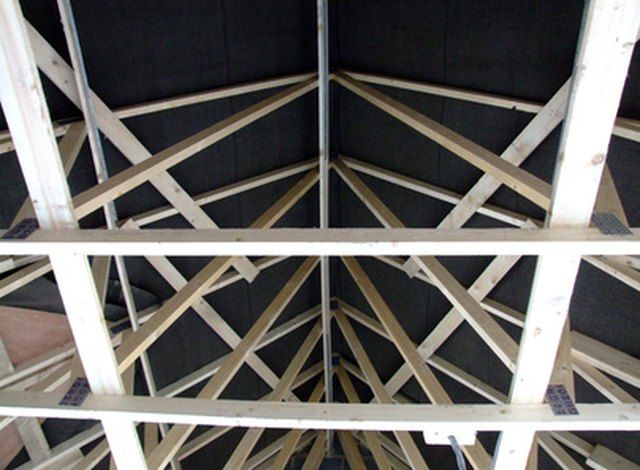Insulate Existing Attic

Always cover the tops of the ceiling joists to make sure the insulation is deep enough to reach your target r value and.
Insulate existing attic. Pull the existing insulation away from the roof. Insulating a finished attic there are two basic ways to insulate a finished attic. Blown in insulation in the attic seal attic bypasses. It s usually recommended that existing homes have their attics insulated to a rating of r 38 us which will typically require a layer of insulation 10 14 inches 25 4 35 6 cm thick depending on what type of insulation you use.
Any existing batt or roll insulation in the attic should have the facing against the attic drywall floor or no facing at all. Insulation should be rolled out perpendicular to the joists and unfaced rolls should be used. Adding insulation to an existing home inspecting and evaluating your insulation. Batt or rolled insulation or blown loose fill insulation fiberglass or cellulose can be installed on top of old insulation.
Continue laying down the insulation making sure the batts are pressed tightly together at all edge and end. Add the right kind of insulation when adding additional insulation you do not have to use the same type of insulation that currently exists in your attic. Measure how much insulation you already have. Position the new vent chute so the.
Check the attic walls and floors adjacent to an unheated space like a. Install fiberglass batts over existing batt insulation. How do i add insulation to existing attic insulation. You insulate your home to reduce temperature fluctuations and save on utility bills but then you allow fresh air to flow through the attic no.
When you find out the r values of your insulation either from an energy assessment. More insulation installation tricks and tips work from the perimeter of the attic toward the door or hatch so that you don t trample all over the insulation you just. In this case the area behind the knee wall will be uncomfortably hot or cold. Install or repair vent chutes.
Estimating costs and. Check the depth using a tape measure. Put on goggles and gloves to protect yourself while handling. If only the living space will be insulated wrap the insulation around the room s walls and ceiling and then continue along the floor of the non living space.
Pull back the existing insulation and use expanding spray foam the fire blocking type to seal any. Lay the batts across the ceiling joists covering the existing insulation.














































